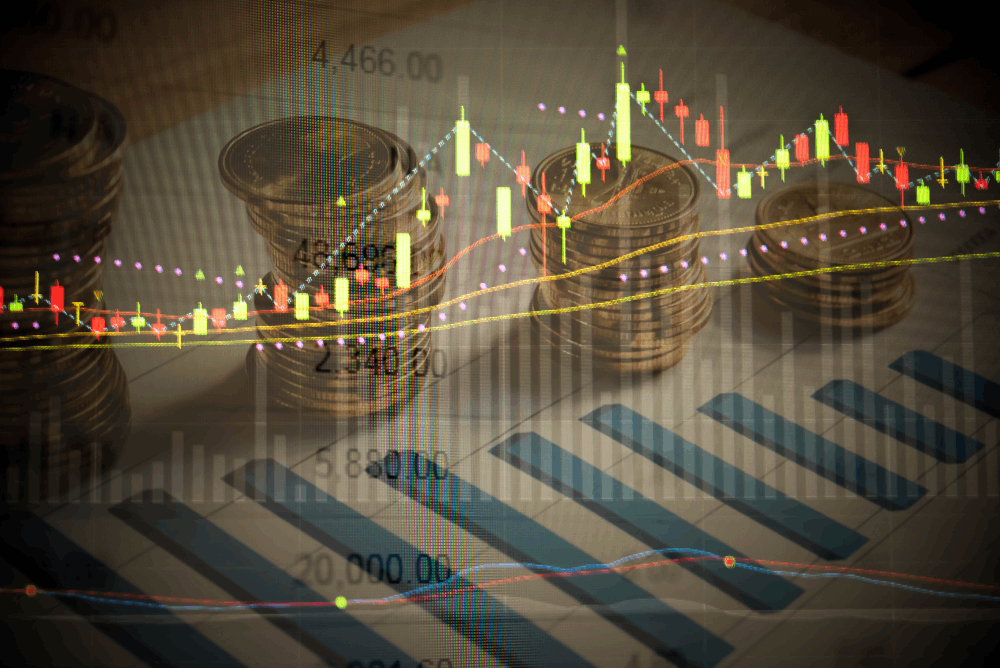Why do day traders lose money

Day trading is the most well-known active trading strategy, which is the buying and selling of securities within the same day. Day traders take advantage of small price moves and price fluctuations in between market open and close, they don’t leave opened positions overnight. It requires a high degree of discipline to prove profitable.
In most cases, a trader can lose money by neglecting risk management. Traders tend to disregard the prospect of the risk/reward ratio and skip the number one calculation in any trading rule book. Which is comparing the expected returns with the amount of risk in any given trade. Therefore, it is essential to weigh in the risks of short-term market moves that could lead to a loss of money and acquire an in-depth understanding of how markets work to limit their losses.
Day traders could face the issue of achieving flat trades as a result of their positions not moving throughout the day because it’s over a short span of time. Or they could simply forget to implement a stop loss exit strategy.
Furthermore, traders can lose money when they undermine the relevance of fundamental analysis or surprise indicators that can be key market movers, so it’s important to stay attentive to public news and sell at a loss instead of holding for too long. Other important fundamentals of the market include earning reports and various other economic indicators and central bank meetings that can easily cause a shift in the overall market’s performance.
Day traders should be conscious of the possibility of having insufficient capitalization while using leveraged accounts. Overusing leverage can tempt a trader to outsize the risk even with a small amount of capital, resulting in losing more money than the initial investment.
It takes a lot of research and preparation before developing successful unbiased day trading strategies and algorithms. Traders must keep in mind, that is essential to plan ahead as well as identify the right strategy, which can consume more time than necessary. A trade plan should cover entry, exit, time frame and position sizing as well as risk management. To minimize unexpected losses, traders should adapt to different market conditions and modify strategies to adapt to new opportunities and risk.
However, there’s also the possibility of having analysis paralysis, which is acquiring so much knowledge about trading and learning indicators that traders start to over-analyze every trade instead of taking the right decision.
And from a psychological standpoint, cognitive biases and emotional biases can also influence a trader’s decision-making process as well. Traders can get overconfident in their abilities and trade more aggressively increasing the amount of risk. This can lead to impulsive and irrational decisions. Other basic common types of psychological emotions that overshadow rational decisions in trading include hope, fear, regret and greed.
Another swing of emotions that is difficult to overcome is greed, not knowing when to close the position because for some unknown reason you’d think the stock can go more and more up in value but realistically it could be a mild upswing. Regret can also hinder the ability to make profits in day trading, by either selling too soon or not buying the trendy stock, again submitting into a state of irrationality to make up for losses made and reaching too far, undermining risks.
In conclusion, trading aimlessly will not make you profit, neither will trading based on emotions without a plan. Understanding the whims of the market and what triggers shifts in trading activity will limit losses.
Common intraday strategies include High-Frequency trading, News based trading, Range trading and scalping


